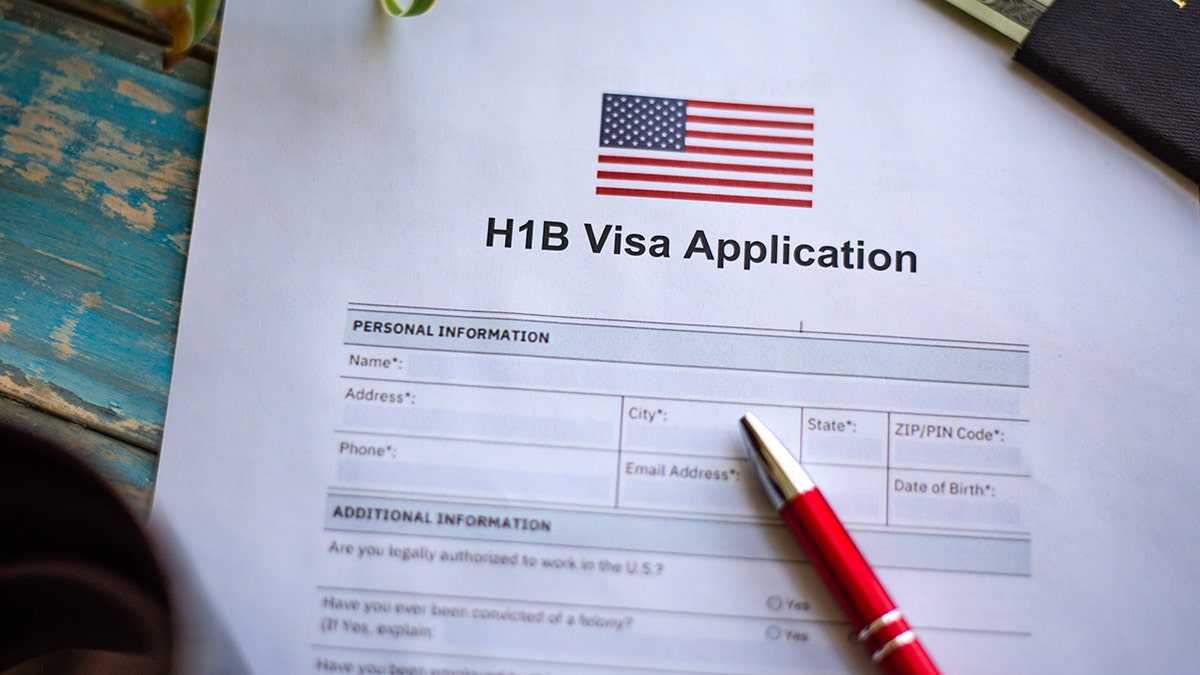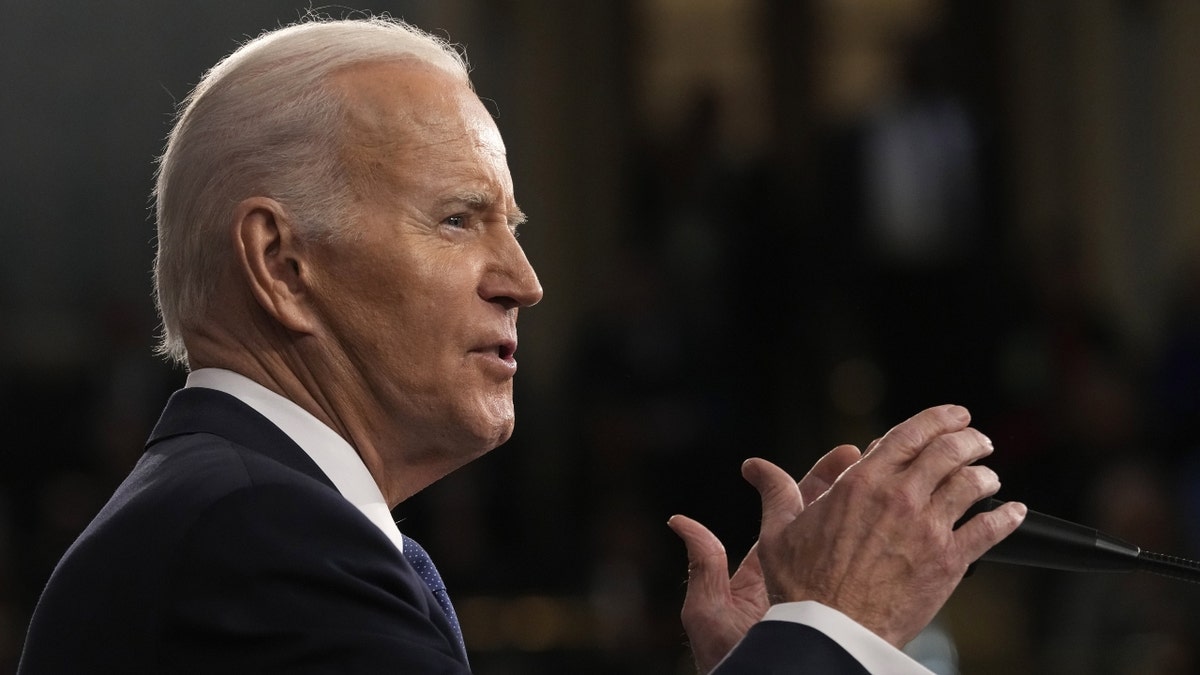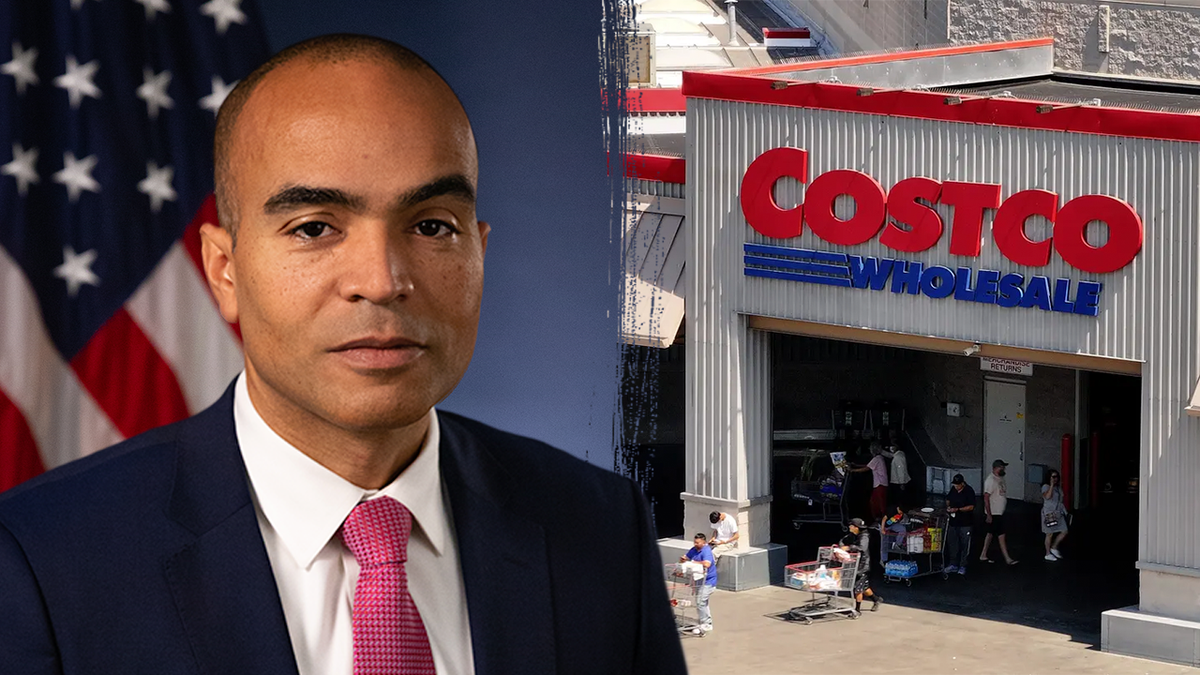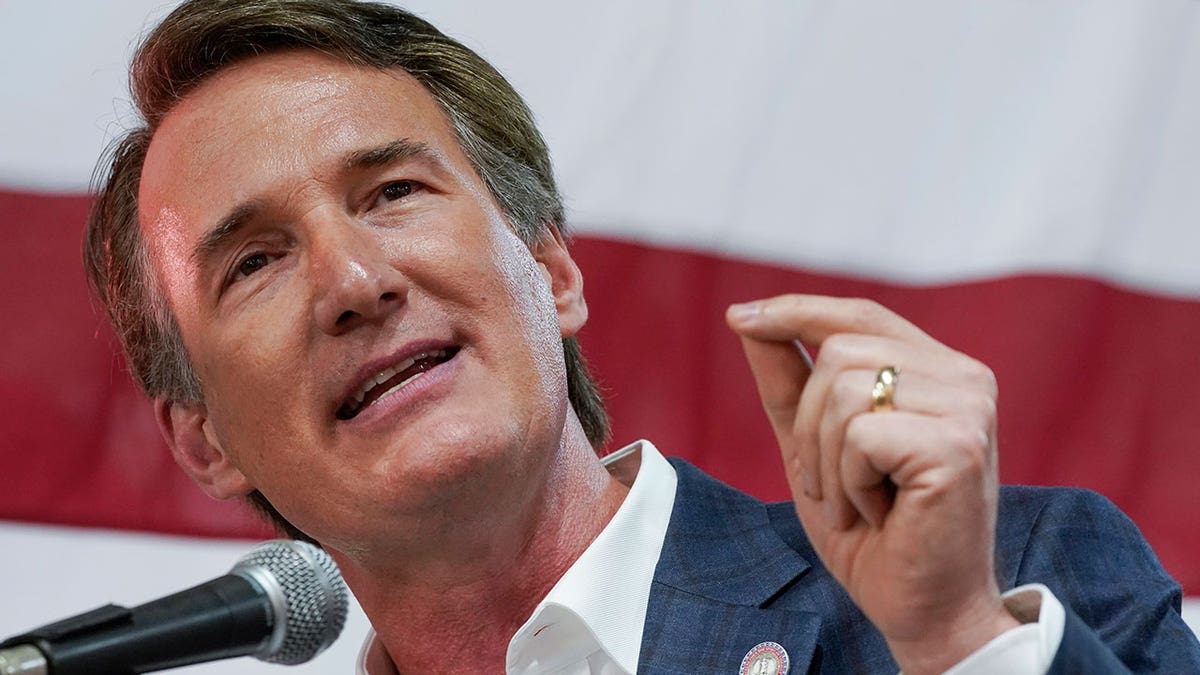The H-1B visa program, designed to attract specialized talent from overseas, has unfortunately become a mechanism for employers to secure less expensive labor for common positions. This has resulted in a skewed job market where highly skilled professionals are edged out by an influx of applications for standard roles, further impacting entry-level job availability. This issue is amplified by the rising influence of AI in the employment landscape.
Young professionals and recent graduates are particularly affected, grappling with a challenging job market despite reasonably low overall unemployment figures. Data reveals a historically high ratio of unemployment for recent college graduates under 25 compared to their older counterparts, highlighting the scarcity of entry-level opportunities.

The core issue isn't the number of visas granted, but how they are utilized. The program's intent is to attract individuals with specialized skills not readily found in the existing U.S. workforce. However, loopholes in the review process enable employers to overstate requirements and hire individuals with ordinary skills at lower wages. This practice fuels a lottery system where truly specialized professionals are often overlooked, further limiting opportunities for recent graduates seeking entry-level positions.

The focus should be on ensuring that the H-1B program serves its original purpose: to welcome individuals with genuinely specialized and in-demand skills. When used correctly, it benefits the entire nation by supplementing the workforce with unique expertise.
Data on H-1B visa recipients raises concerns. While the median salary for those in "Computer-Related Occupations" seems substantial, it's relatively low for individuals with truly specialized skills. A deeper examination of the data suggests a mix of specialized workers and many ordinary workers receiving lower compensation. This indicates a need for stricter application reviews.

The misuse of H-1B visas is further complicated by the rise of AI-driven automation, which is also displacing jobs, particularly entry-level positions. As AI advances, its impact on the job market will intensify. Although seemingly separate issues, AI and H-1B visa abuse are interconnected. AI simplifies tasks, making it easier to outsource work previously requiring specialized skills. This encourages employers to seek less-skilled, lower-cost workers through the H-1B program.


Reform is crucial. The H-1B visa program must prioritize applicants with genuine specialized skills and prevent unfair competition with existing U.S. workers. Simultaneously, the expanding impact of AI automation on the job market must be addressed. The potential consequences of inaction are dire, with shrinking tax revenues and increased demand for public assistance. Radical changes are needed to avert a future where widespread unemployment and underemployment become the norm.








